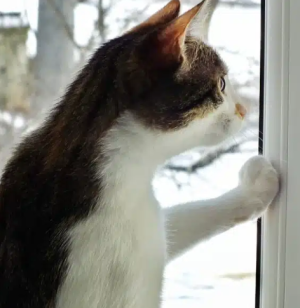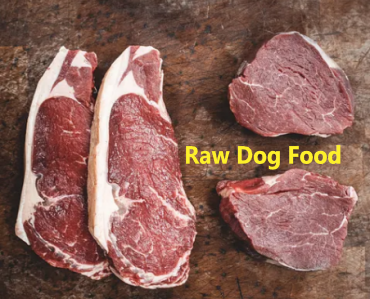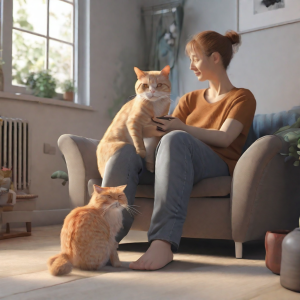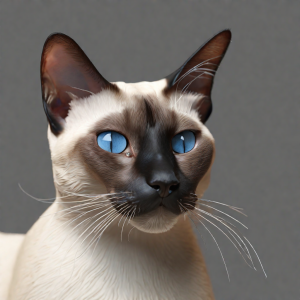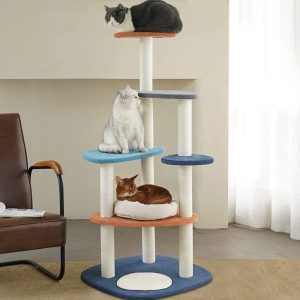Cats are known for their finicky eating habits, but when your furry friend refuses to eat at all, it can be a cause for concern. If your cat is not eating or has suddenly stopped eating, it could be a sign of an underlying health issue or simply a change in their environment.
Here are some reasons why your cat might not be interested in eating:
-
Illness or pain:
If your cat is not feeling well, they may lose their appetite. A variety of health issues can cause a cat to stop eating, including dental problems, digestive issues, and even cancer. It’s important to take your cat to the veterinarian if they are not eating and show signs of illness, such as vomiting or lethargy.
-
Stress:
Cats are sensitive animals, and changes in their environment can cause stress. Moving to a new home, adding a new pet to the household, or changes in their routine can all lead to stress, which can cause a cat to lose their appetite.
-
Food preferences:
Just like humans, cats have their own preferences when it comes to food. If you recently changed your cat’s food, they may not like the new taste. It’s important to introduce new foods gradually, so your cat has time to adjust to the new taste and texture.
-
Dental issues:
Dental problems, such as tooth decay or gum disease, can make eating painful for your cat. If you notice that your cat is drooling excessively, has bad breath, or has difficulty chewing, they may be experiencing dental issues.
-
Aging:
As cats age, their appetite may decrease. This is especially true for senior cats, who may have trouble digesting certain foods. It’s important to provide a high-quality, easily digestible diet for your senior cat to ensure they get the nutrients they need.

If your cat is not eating, it’s important to take action quickly. Cats can develop a serious condition called hepatic lipidosis if they go without food for too long. This condition causes fat to accumulate in the liver, which can lead to liver failure.
If you suspect your cat is not eating due to an underlying health issue, schedule a visit with your veterinarian as soon as possible. They can perform a physical exam and run diagnostic tests to determine the cause of your cat’s loss of appetite.
In summary, there are several reasons why your cat may not be interested in eating. It’s important to monitor your cat’s behavior and seek veterinary care if they show signs of illness or a sudden loss of appetite. With the right care and attention, you can help your furry friend get back to their normal, happy self.
.



